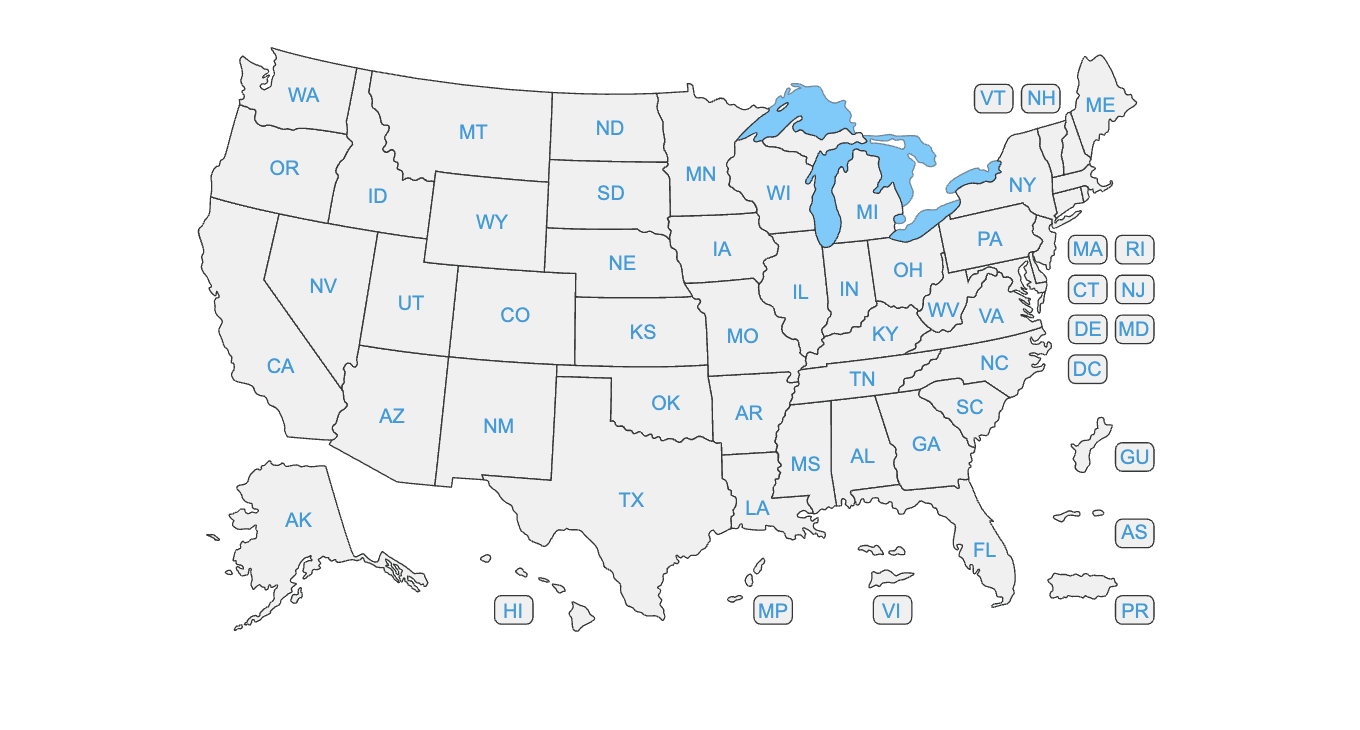How to Become a Civil Engineer?
You know it will take dedication, but just how exactly do you get to say, 'I built that!'?

Disclaimer: While the following discussion is regularly updated, it focuses on the typical United States requirements. If you're interested in learning more about other locations, let us know.

You're finally getting a clear picture of how your community has been built, and you want to be a part of it. You can't believe this career path has been hiding from you this whole time! You know it will take dedication, but just how exactly do you get to say, 'I built that!'?
The short answer: college
The whole answer: college and a little bit more
Where an engineer's journey begins will vary, but the path looks similar. Some people may identify their interest in high school, while others don't discover it until they've already been in the workforce for a decade. No matter where you might be coming from, these are the key steps to become a civil engineer.
High School Preparation
It's never too early to explore your interests and your future vocation. There are many ways to discover if civil engineering is for you, even if you're not quite ready to start designing a bridge.
- Take advanced science, math, or technology classes your school offers, such as calculus, physics, or engineering design.
- Join an engineering club or community organization promoting young engineers.
- Research real-life projects that you find particularly interesting and dream up how you would want to be part of it.
- Make a plan for college and tour different civil engineering departments.
Each of these activities provide value in the way they develop your critical thinking and problem-solving abilities. They help you create a system for understanding complex ideas and honing in on what actually interests you.
College Education
Enrolling in college and majoring in civil engineering is the real equalizer for anyone interested in this field. That's because you will be required to graduate from an ABET-accredited institution. This ensures (in theory) that all students receive the same fundamental education and experience. Generally, a four-year university will meet this requirement, but you should always verify with the college.
This doesn't exclude attending community college and transferring to a larger university after one or two years, but you want to make sure you have your clear strategy and advocate for your own education.
While at school, your civil engineering department should have programs and resources in place to help you succeed in the classroom and develop you as a young engineer. These include a student ASCE chapter, free tutoring, and engineering design teams, like concrete canoe or steel bridge.
Internship Experience
Civil engineering internships are a hidden gem - they are not just another summer job. Once you have completed your first or second year of college, you can join your classmates at a career fair (or online job board) to find companies and organizations specifically looking to hire you, a college student. You haven't yet graduated, but incredible new opportunities are available to you.
Most interns earn a competitive hourly wage, participate in a intern-specific programs, contribute to real projects, and learn valuable skills. This is a fantastic time to further test what you are actually interested in without commitment to a permanent position. If your first internship isn't a great fit for you, don't sweat it! You have refined what you want in your future career, and can try again the next summer.
Successfully completing 2-3 summer internships is ideal for building your resume. This will be expected by a prospective employer when you interview for a full-time job post-graduation. Your college may even require an internship as part of your graduation requirements.
Professional Civil Engineer
The civil engineering profession has a direct and meaningful impact on the safety and well-being of the general public. Their ability to make ethical and science-backed decisions is paramount. For this reason, it is vital to have a standard of qualifications, ensuring that only high quality individuals are partaking in such responsibility. Thus, the title of Professional Engineer.
A professional engineer is the distinction provided to engineers who have successfully earned their license in their respective engineering discipline.
NCEES Exams
The National Council of Examiners for Engineering and Surveying works to "advance licensure for engineers and surveyors in order to safeguard the health, safety, and welfare of the public." There are two primary exams that they administer, the FE and the PE.
Fundamentals of Engineering (FE)
This exam covers a wide variety of concepts learned in a civil engineering undergraduate program. It is recommended to take the FE during the last 1-2 semesters of college or soon after graduating.
Principles and Practice of Engineering (PE)
This exam is designed to test for a "minimum level of competency in a particular engineering discipline." There is a different version of the test for each area of expertise.
Within civil engineering, there are 5 sub-disciplines to choose from:
- Construction
- Geotechnical
- Structural
- Transportation
- Water Resources and Environmental
Because this is more comprehensive, it is recommended to take this exam after 3-4 years of working experience. Depending on the state in which licensure is desired, applicants may need permission prior to registering for the exam.
Full-Time Work Experience
The last requirement which can't be rushed is time. Most states require four years of working full-time under the direct supervision of another professional engineer. The experience needs to be a qualified work type and show progressive ability. When applying for licensure, the experience will be verified by a number of references.
Apply for Licensure
While every state has its own licensing board with slightly varying requirements, the key elements have been discussed above: education, exams, and experience.

After licensure has been secured in one state, additional states may grant licensure based on reciprocity.
What does that mean?
Reciprocity is the practice of exchanging things with others for mutual benefit, especially privileges granted by one country or organization to another.
Essentially, it reduces the barriers to licensure in additional states after you have become a professional engineering. This is very common for design consultants who work with a variety of clients across geographies.
You Did It!
You've put in the hard work and dedicated yourself to this vocation. You wanted to say "I built that" or "I designed this," and now you can. You are a civil engineer.




